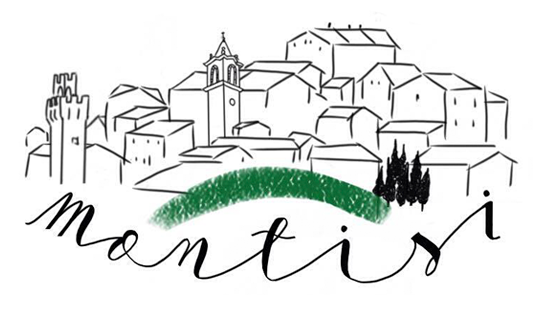Italian is easy to learn or so they say. We all know a few words – for example spaghetti, pizza and chianti are second nature to those of us who love their food and wine. Surely then it can’t be that difficult to pick up a few more and then abracadabra, we’re fluent!
Not so fast.
It’s tricky. Yes, it’s easy to expand your vocabulary with words like pecorino, pici and brunello – it will improve your understanding in the restaurant – but to speak correctly and accurately on a wider range of topics you will have to work hard. It’s a language that will trip you up and push you down but you will love it all the same. And I haven’t even started on local accents, dialects and words with hideous double meanings that must be avoided at all costs.
Nothing beats the moment though, when you exchange pleasantries with an Italian friend, engage in a conversation and know that you have got it almost right. Its celebration time. Prosecco anybody ?
So some hints and tips for we students!
1. Learn the genders of words and the singular and plural. Most are regular but some aren’t – pay attention to bedsheets. They like to be different. Same goes for bits of the body. Some are not just irregular but like to change gender when plural – don’t ask why! Beware too a whole pile of stuff that results from foreign words or masculine words starting with s and consonant. Good luck with that.
2. Listen carefully. Just one change in a letter can make all the difference. You could find yourself speaking slowly, clearly and loudly to someone you thought was deaf – sordo – only to find out they are from Sardinia – sardo. Red faces all round.
3. It’s better not to wonder, believe or be unsure as then you will have to use the subjunctive and that’s a nightmare. Have firm plans and opinions. It’s a lot easier.
4. There will always be a pronoun somewhere or other in a sentence but not subject ones, you’ll have to do without those, so pay attention to verb endings. ‘Ci’ is worth a week’s study on its own, get out your dictionary and learn its 47 uses. Ditto ‘ne’.
5. Know some useful linking words that don’t always mean anything, for example quindi, allora or dunque, it will give you time to think about your next sentence without holding up the conversation.
6. Don’t talk about figs or fig trees unless you are really really sure you can get it right.
7. When speaking, stress is on the last but one syllable except when it isn’t. Sometimes you get a clue as there is an accent, other times you just have to know. Mistakes on stress usually result in great hilarity from your Italian friends.
8. Liking something, being interested in something or not caring about something invert the object and the subject of the verb. Learn this and perhaps you can explain it to me.
Finally have fun, Italians, especially in Montisi, are truly forgiving whilst you mangle their beautiful language. They do appreciate it if you try. So take a few lessons, read your phrase book and practice. If nothing else you might realise you have been pronouncing bruschetta wrong all your life!
Alison – July 2017




